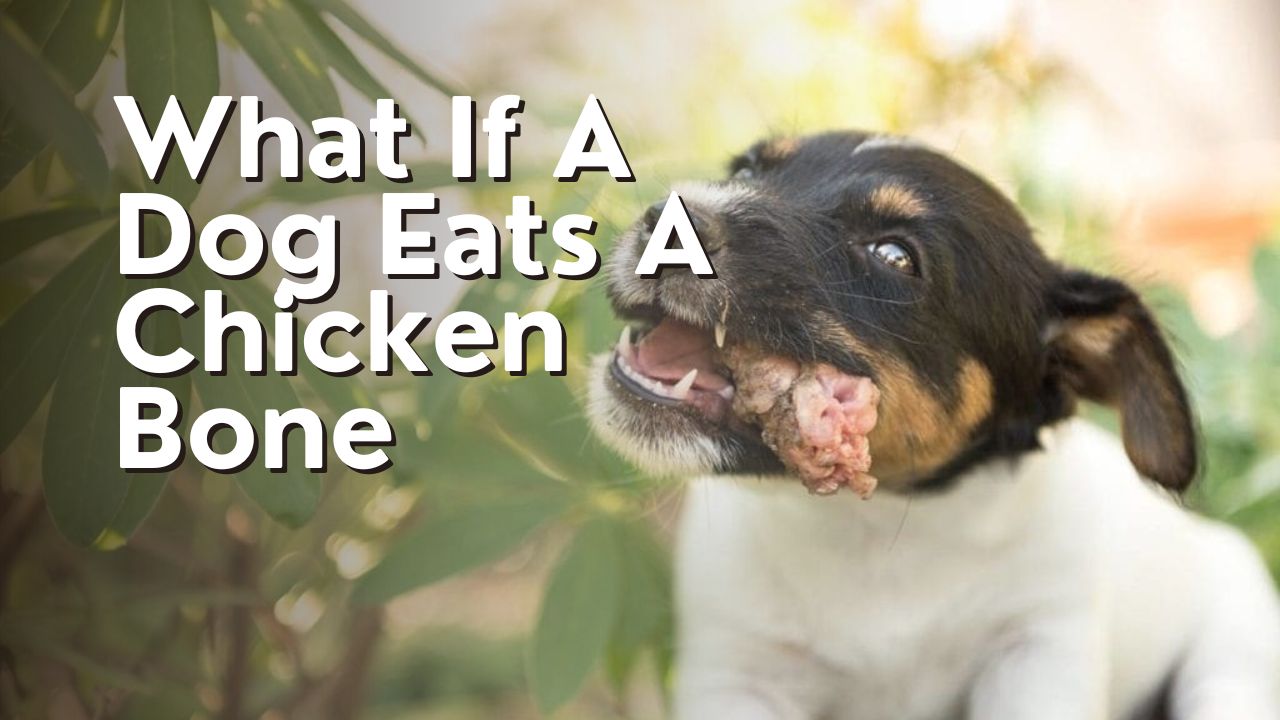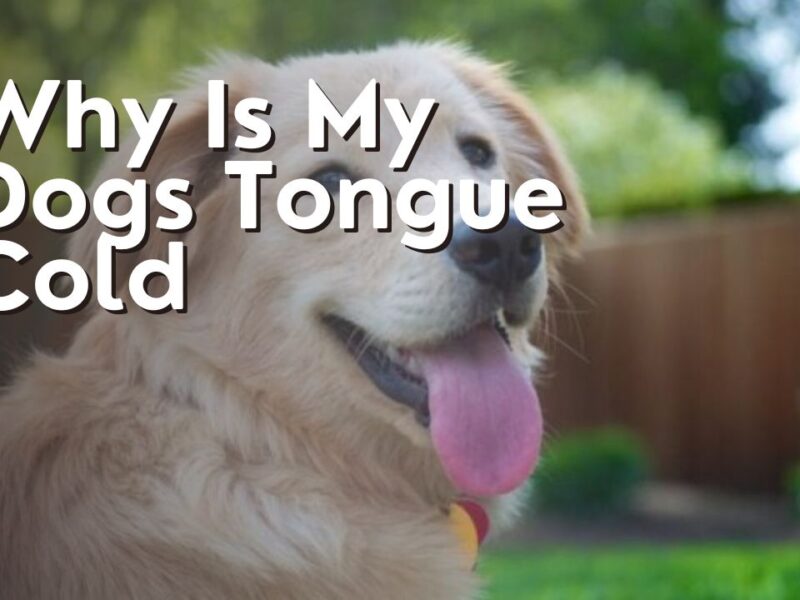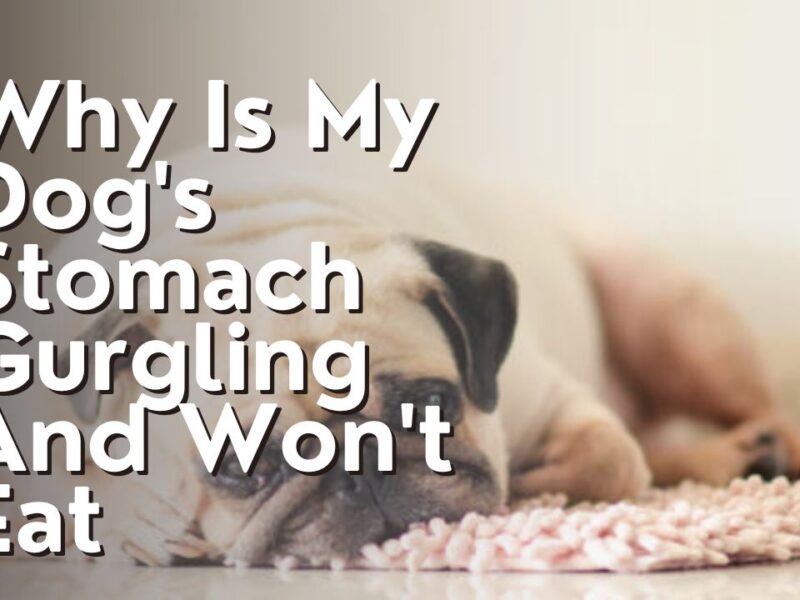What if your dog eats a chicken bone? It’s a common concern among pet owners, and for good reason. Chicken bones can pose serious risks to dogs, including choking, intestinal blockage, and even puncturing of the digestive tract.
In this article, I will discuss the potential dangers of dogs consuming chicken bones and provide immediate steps to take if your furry friend happens to ingest one. Stay informed and prepared to protect your beloved pet’s health and well-being.
Potential Risks of Dogs Consuming Chicken Bones
If your dog eats a chicken bone, there’s a potential risk of it causing harm to their digestive system. Chicken bones are small and can splinter easily, which means they can become lodged in the throat, stomach, or intestines. This can lead to serious health issues such as choking, internal bleeding, or blockages. As a responsible pet owner, it’s important to be aware of the potential risks and take immediate action if your dog consumes a chicken bone.
The sharp edges of the bone can cause tears in the mouth, throat, and digestive tract, leading to pain and discomfort for your furry friend. In some cases, surgery may be required to remove the bone or repair any damage caused. It’s also important to note that cooked bones are even more dangerous than raw bones, as they become brittle and are more likely to splinter.
If you suspect that your dog has eaten a chicken bone, monitor them closely for any signs of distress such as vomiting, diarrhea, or difficulty breathing. Contact your veterinarian immediately for guidance on how to proceed. They may recommend inducing vomiting or bringing your dog in for an examination.
Prevention is always better than cure, so it’s best to keep chicken bones out of your dog’s reach. Dispose of them properly and consider offering safer alternatives such as raw bones or specially designed dog treats. Remember, the health and safety of your furry friend should always be a top priority.

Immediate Steps to Take if Your Dog Eats a Chicken Bone
First, check for any visible signs of distress in your furry friend. Look for any signs of choking, such as pawing at the mouth or difficulty breathing. If your dog is showing signs of distress, it’s important to act quickly.
Next, try to assess the situation. If your dog has just swallowed the chicken bone without any issues, there may not be an immediate cause for concern. However, if your dog is showing signs of discomfort or distress, it’s important to take immediate action.
One of the first steps you can take is to try and encourage your dog to vomit. This can help to expel the bone before it causes any further issues. You can do this by giving your dog a small amount of hydrogen peroxide. However, it’s important to consult with your veterinarian before attempting this, as they can provide guidance on the appropriate dosage for your dog’s size and breed.
If your dog is unable to vomit or is showing signs of more severe distress, it’s important to seek veterinary assistance immediately. They will be able to assess the situation and provide the necessary treatment to ensure your dog’s safety.
Remember, it’s always best to err on the side of caution when it comes to your dog’s health. If you have any concerns or questions, don’t hesitate to reach out to your veterinarian for guidance.
Indications that Your Dog May be in Danger
If my dog has eaten a chicken bone, there are a few indications that may suggest he is in danger.
Firstly, if he is having difficulty breathing or swallowing, it could be a sign that the bone is causing an obstruction in his throat or airway.
Secondly, if he is experiencing vomiting or diarrhea, it may indicate that the bone has caused irritation or damage to his digestive system.
Lastly, if he is showing signs of lethargy or abdominal pain, it could be a sign of a more serious issue such as a perforation or blockage in his intestines.
Difficulty Breathing or Swallowing
When a dog eats a chicken bone, it may experience difficulty breathing or swallowing. This can be a serious situation and should be addressed immediately.
If you notice your dog struggling to breathe or swallow, it is important to assess the situation and take appropriate action. Here are some indications that your dog may be experiencing difficulty breathing or swallowing:
- Rapid or shallow breathing: If your dog is panting heavily or seems to be struggling to catch its breath, it could be a sign of a blocked airway.
- Excessive drooling: Difficulty swallowing can cause your dog to drool excessively as it tries to clear its throat.
- Gagging or choking sounds: If your dog is making unusual sounds while trying to breathe or swallow, it could be a sign of a bone lodged in its throat.
Remember, if you suspect that your dog has eaten a chicken bone and is having trouble breathing or swallowing, seek veterinary assistance immediately.
Vomiting or Diarrhea
One common symptom of a dog ingesting a chicken bone is vomiting or diarrhea. It is important to monitor your dog for these signs after they have consumed a chicken bone. Vomiting can occur as the body’s natural response to expel the bone or to address any irritation in the digestive system. Diarrhea may also develop as the body tries to eliminate any potential toxins or irritants from the bone. If your dog experiences these symptoms, it is crucial to seek veterinary care immediately to ensure their safety and well-being. In the meantime, you can provide your dog with small, bland meals to help settle their stomach.
| Symptom | Possible Causes |
|---|---|
| Vomiting | Body’s response to expel the bone or address digestive irritation |
| Diarrhea | Body’s attempt to eliminate toxins or irritants |
Remember, it is always best to prevent dogs from accessing chicken bones to avoid these potential health issues.
Lethargy or Abdominal Pain
You may notice that your dog seems tired or is showing signs of discomfort in their abdomen. Lethargy and abdominal pain are common symptoms when a dog eats a chicken bone.
If your dog is lethargic, they may appear weak, lack energy, or have a decreased interest in activities they normally enjoy. Abdominal pain can manifest as restlessness, pacing, or a hunched posture. Your dog may also whimper or cry when their abdomen is touched.
It is important to monitor your dog closely if they exhibit these symptoms, as it could indicate a blockage or injury caused by the chicken bone. Contact your veterinarian immediately for further guidance and possible treatment options.
Remember, prevention is key, so always keep chicken bones out of your dog’s reach.
Treatment Options and Recommendations from Veterinarians
If your dog eats a chicken bone, a veterinarian may recommend inducing vomiting or performing an x-ray to determine if the bone has caused any internal damage. Inducing vomiting is commonly done within the first two hours after ingestion, using medications or hydrogen peroxide. This can help expel the bone before it passes into the digestive system. However, if the bone has already passed into the stomach or intestines, inducing vomiting may not be effective or safe.
In cases where the bone has already passed further into the gastrointestinal tract, an x-ray may be necessary. X-rays can help veterinarians determine the location and potential risks associated with the bone. If the bone is causing an obstruction or perforation, surgery may be required to remove it.
It is important to note that the treatment options and recommendations may vary depending on the specific circumstances and the size of the dog. Smaller dogs are at a higher risk of complications from ingesting chicken bones, so prompt veterinary care is crucial. Additionally, it is recommended to avoid giving dogs cooked bones altogether as they can splinter and cause serious harm.
Preventive Measures to Avoid Future Incidents
To prevent future incidents of dogs eating chicken bones, I recommend taking three key preventive measures.
First, keep chicken bones out of reach by securely disposing of them in a lidded trash can or by placing them in a sealed bag and storing them in a high cabinet.
Secondly, provide safe and appropriate chew toys for your dog to satisfy their natural urge to chew.
Lastly, always properly dispose of leftover bones from your meals to ensure your dog cannot access them.
Keep Chicken Bones Out of Reach
Make sure to keep chicken bones out of reach from your dog. Dogs are naturally curious and may be tempted to snatch a chicken bone if they have access to it.
However, chicken bones can be dangerous for dogs to consume. They can splinter easily and cause serious injuries to the dog’s mouth, throat, or digestive system.
To prevent any future incidents, it is important to dispose of chicken bones properly and securely. Be mindful of where you discard leftover chicken bones, ensuring that your dog cannot get to them. Consider using a covered trash can or disposing of them in a sealed bag.
Additionally, if you have guests over, remind them to be cautious with their chicken bones and to dispose of them safely.
Taking these preventive measures can help keep your dog safe and healthy.

Provide Safe and Appropriate Chew Toys
Remember to provide your pup with safe and appropriate chew toys to keep them entertained and prevent them from chewing on dangerous items.
Giving them suitable chew toys not only satisfies their natural urge to chew but also helps keep their teeth clean and healthy.
Look for toys specifically designed for dogs, avoiding those that are too small or have small detachable parts that can be swallowed.
Durable rubber toys or nylon bones are great options as they are long-lasting and can withstand strong chewing.
Additionally, consider interactive toys that dispense treats to keep your pup mentally stimulated.
Regularly inspect the toys for any signs of wear and tear and replace them when necessary to ensure your dog’s safety.
Properly Dispose of Leftover Bones
Ensure you dispose of leftover bones properly to avoid any potential hazards for your furry friend. Here are four important tips to follow:
- Wrap the bones tightly in a plastic bag before throwing them away. This will prevent your dog from sniffing them out and getting into the trash.
- Never give your dog cooked bones, as they can splinter and cause serious internal injuries.
- Consider composting the bones instead of throwing them in the trash. This way, they can break down naturally without posing a risk to your dog or the environment.
- If your dog has managed to get hold of a bone and you’re unsure if they’ve ingested any, monitor them closely for signs of discomfort or distress. Contact your veterinarian immediately if you notice any worrying symptoms.
By following these guidelines, you can ensure the safety and well-being of your beloved pet.
Frequently Asked Questions
How long does it typically take for a dog to pass a chicken bone?
It typically takes a dog about 24 to 48 hours to pass a chicken bone. However, if your dog shows any signs of discomfort or difficulty, it’s best to consult a veterinarian immediately.
Can a dog’s stomach acid dissolve a chicken bone?
Yes, a dog’s stomach acid can dissolve a chicken bone. However, it may take some time and there is still a risk of the bone causing an obstruction or puncturing the dog’s digestive tract.
What are some common signs of a chicken bone obstruction in dogs?
Some common signs of a chicken bone obstruction in dogs include vomiting, loss of appetite, abdominal pain, constipation, and difficulty passing stool. It is important to seek veterinary care if these symptoms occur.
Are there any home remedies to help a dog pass a chicken bone?
There are no guaranteed home remedies to help a dog pass a chicken bone. It’s best to seek veterinary care immediately as bones can cause serious complications such as blockages or internal injuries.
Can feeding a dog raw chicken bones reduce the chances of them splintering and causing harm?
Feeding a dog raw chicken bones does not reduce the chances of them splintering and causing harm. It is still risky for dogs to consume any type of bones, as they can cause serious injuries to their digestive system.
Conclusion
In conclusion, if your dog eats a chicken bone, it’s important to act quickly and seek veterinary advice.
The potential risks of dogs consuming chicken bones can be serious and may include choking, intestinal blockage, or internal injuries.
Always be aware of the indications that your dog may be in danger and take immediate steps to ensure their safety.
Remember to follow the recommended treatment options and preventive measures to avoid future incidents.
Your dog’s health and well-being should always be a top priority.


